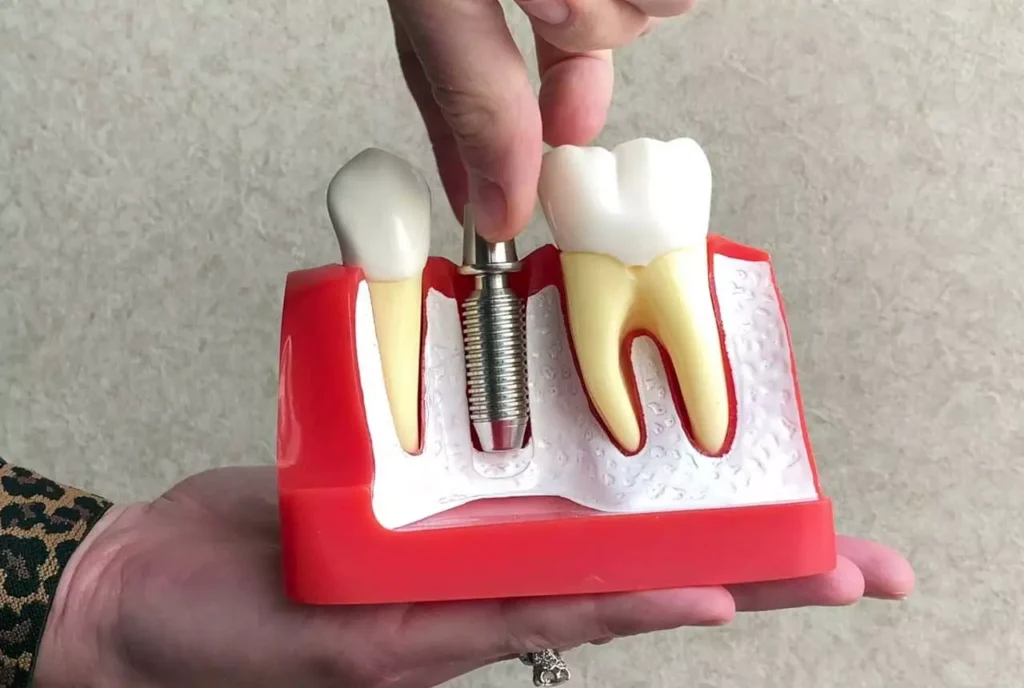Planning to undergo dental implant surgery in Korea? You’re not alone. Thousands of international patients choose Korea every year for dental implants thanks to its world-class technology, skilled oral surgeons, and competitive pricing. But since implant surgery is a complex procedure that requires some downtime, proper travel planning is essential.
Here’s your comprehensive guide of travel tips tailored specifically for medical tourists undergoing dental implant surgery in Korea.
🦷 Why Korea for Dental Implants?
Before diving into the travel logistics, here’s why Korea stands out as a leading destination:
- Advanced Implant Technology (e.g., 3D imaging, guided surgery)
- Highly Trained Dentists with international certifications
- Faster Treatment Protocols (some offer same-day or two-stage implants)
- Affordable Costs compared to Western countries
- Medical tourism infrastructure including translators, hotel partnerships, and recovery support
🧳 Pre-Travel Tips: Prepare Before You Fly
1. Get a Virtual Consultation
Many Korean dental clinics offer free online consultations where you can:
- Share X-rays or dental records
- Discuss your oral health history
- Receive a treatment plan estimate and timeline
This saves you time and ensures you’re a suitable candidate before traveling.
2. Plan for Multiple Visits
Depending on the implant type and your jawbone health, you may need:
- 1 visit for immediate implants (if bone and gum health are ideal)
- 2 visits over 3–6 months (first for implant placement, second for crown attachment)
Ask your clinic which type applies to your case.
3. Book at Least 7–10 Days in Korea for Stage 1
For the first visit (surgical placement), you’ll need:
- Consultation & 3D imaging (Day 1)
- Surgery & temporary tooth (Days 2–3)
- Rest and follow-up appointments (Days 4–10)
Add extra buffer days in case adjustments are needed.
4. Check Visa Requirements
Most travelers from the U.S., EU, and ASEAN countries can enter Korea visa-free for short stays. Still, check the latest immigration updates from the Korea Immigration Service.
🏨 Where to Stay: Accommodation Tips
Choose a hotel:
- Close to the clinic (ideally within 10–15 minutes)
- With soft food delivery options or kitchen access
- With quiet and restful environments (avoid loud tourist areas)
- That offers airport pickup or works with the clinic on medical tourism
Many dental clinics partner with nearby hotels and offer discounted rates for patients.
🥣 Post-Surgery Nutrition Tips
After implant surgery, avoid chewing hard foods for several days. Stick to:
- Soft rice or porridge (juk)
- Tofu, scrambled eggs
- Smoothies or protein shakes
- Mashed potatoes, soups
Avoid spicy Korean foods like kimchi or hot stews for the first 3–5 days.
💊 Post-Op Recovery: What to Expect
Most patients can walk and explore the city within 2–3 days post-surgery, but you should:
- Avoid excessive walking or sightseeing the day after surgery
- Keep your head elevated while sleeping to reduce swelling
- Take prescribed medications (painkillers, antibiotics)
- Use cold compresses to minimize swelling in the first 48 hours
🏥 Follow-Up Appointments
You’ll likely need:
- 1–2 follow-up visits within your first 7–10 days
- Optional online check-ins once you return home
- A second trip (if needed) for crown placement 3–6 months later
Tip: Confirm with your dentist whether remote check-ins are possible via Zoom or email.
🌐 Language and Communication
Choose a clinic that offers:
- English-speaking staff or coordinators
- Translated consent forms and aftercare instructions
- Support for medical travel insurance, if applicable
Korean dental clinics in Seoul’s Gangnam or Myeongdong districts typically cater to international patients and are well-versed in global expectations.
📸 Combine Dental Care with Light Tourism
Though you’ll need some rest, Korea still offers plenty to enjoy gently:
- Visit palaces like Gyeongbokgung or explore Bukchon Hanok Village
- Relax at traditional Korean spas (jjimjilbang) like Dragon Hill Spa
- Take peaceful strolls by Cheonggyecheon Stream or Seokchon Lake
Avoid high-altitude hikes or heavy physical activities during recovery.
💡 Cost Transparency and Insurance
Before booking:
- Ask for a written breakdown of costs: implant type, crown material, anesthesia, etc.
- Inquire if warranties or guarantees are offered
- Bring travel or international health insurance, though dental is often out-of-pocket
✅ Final Checklist for Your Dental Implant Trip
- ✅ Completed online consultation
- ✅ Up-to-date panoramic or 3D scans (bring digital copies)
- ✅ Medical records or list of medications
- ✅ Enough time off work (at least 7–10 days)
- ✅ Soft food options and accommodation arranged
- ✅ Travel insurance (optional but recommended)
✈️ Summary: Make Your Trip Smooth and Successful
Dental implant surgery in Korea can be an affordable and high-quality experience—but the key is smart travel planning. From online consultations and visa-free access to soft food recommendations and recovery-friendly accommodations, each step should be optimized for your comfort and safety.




